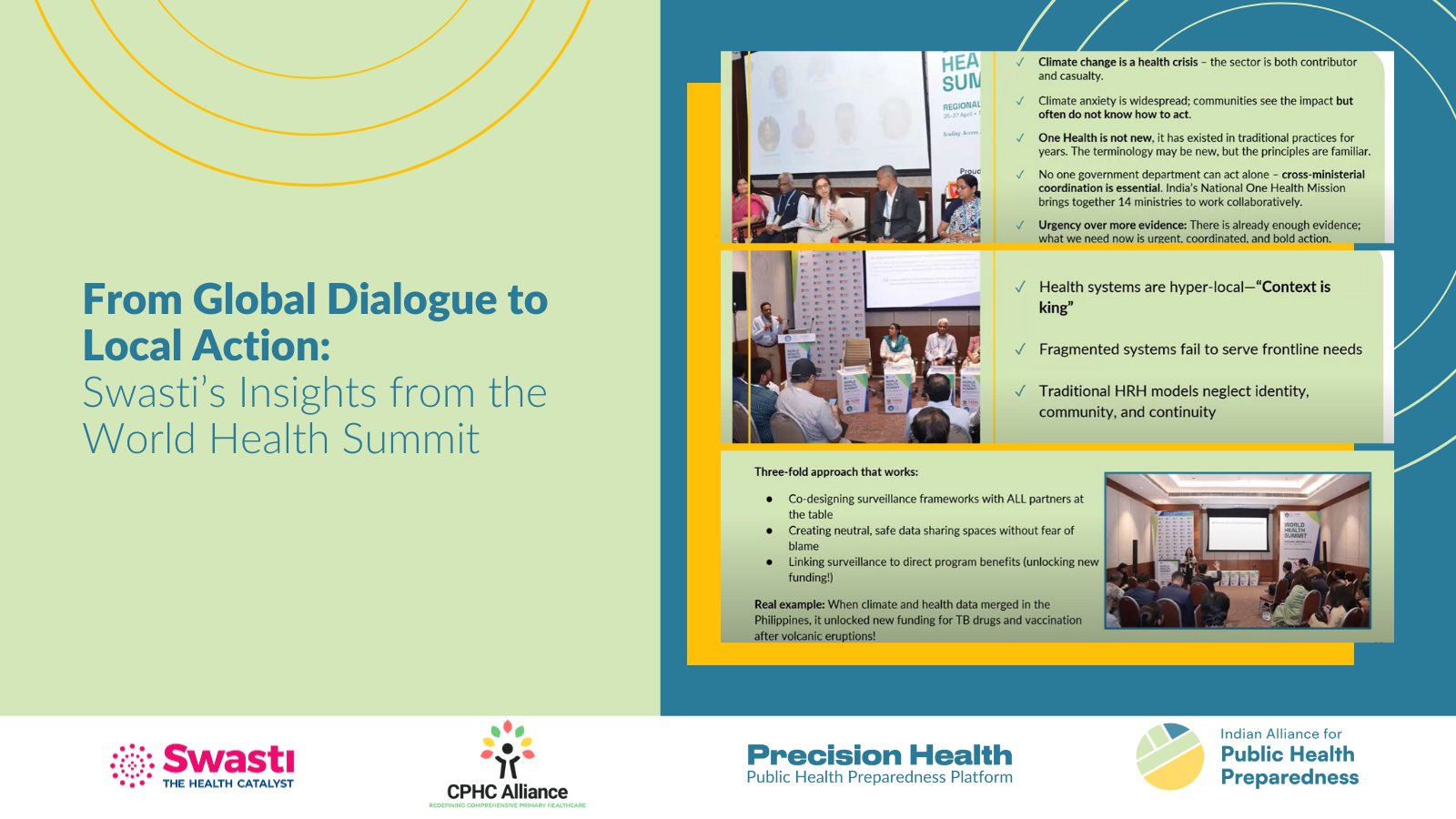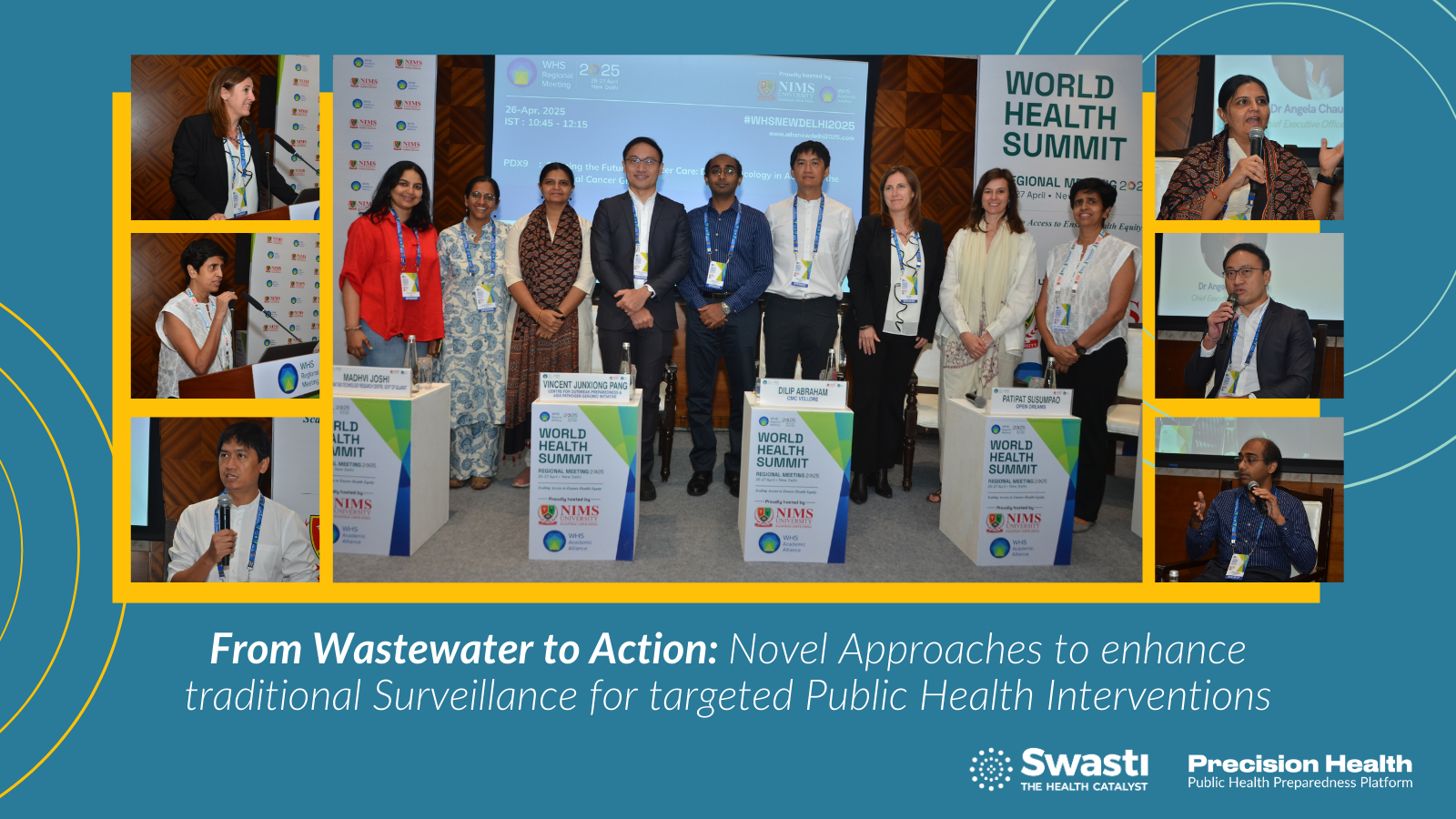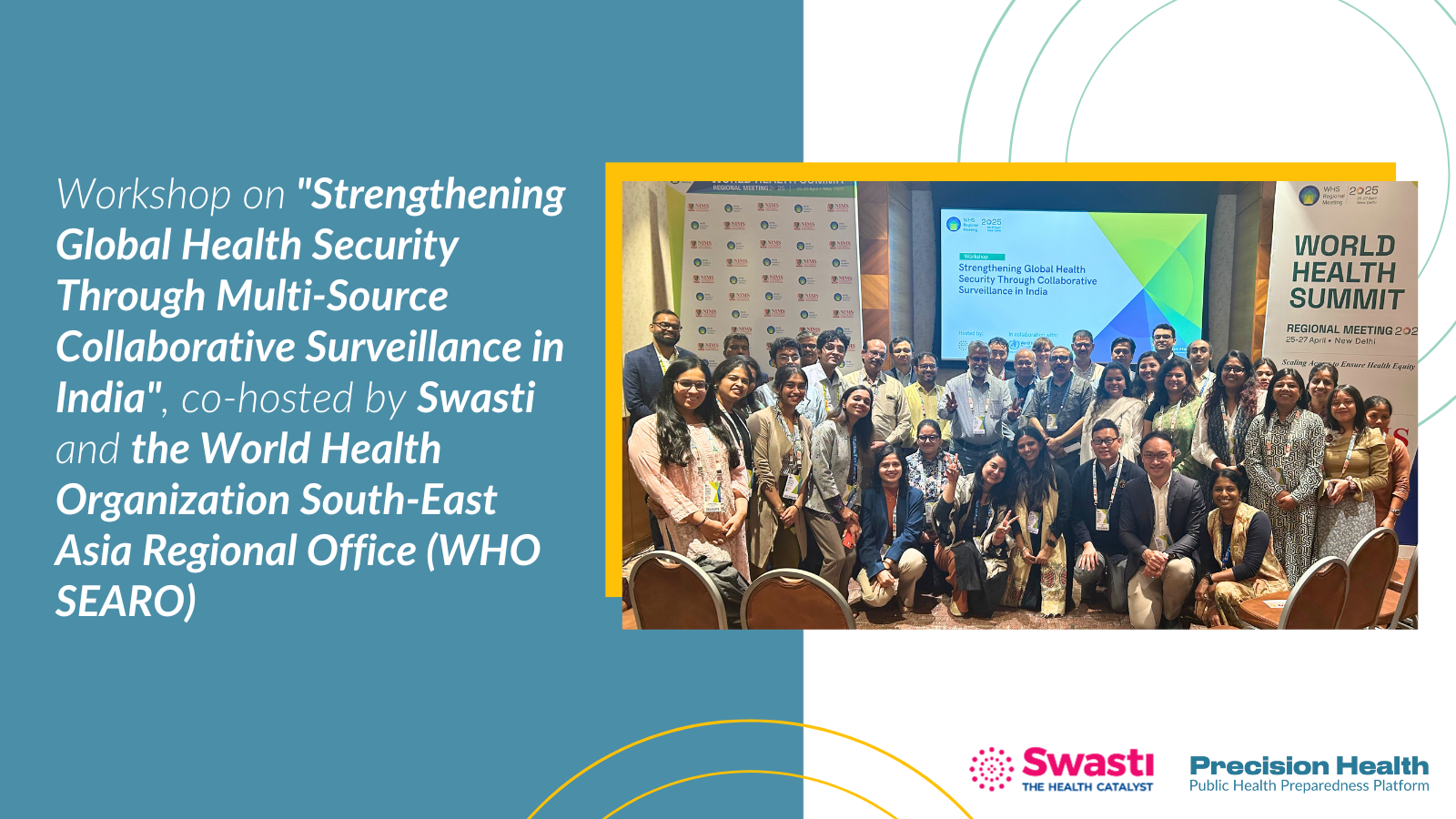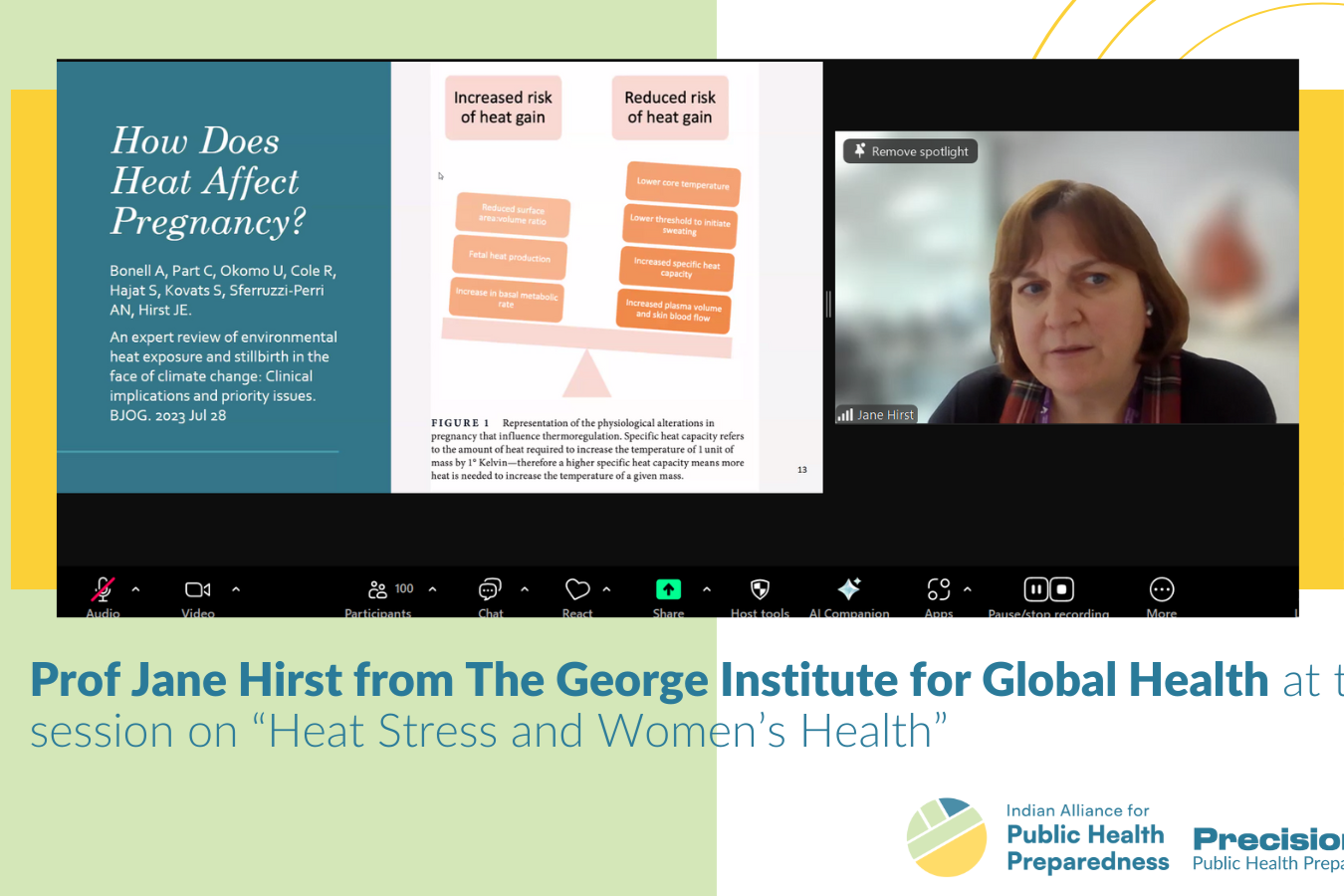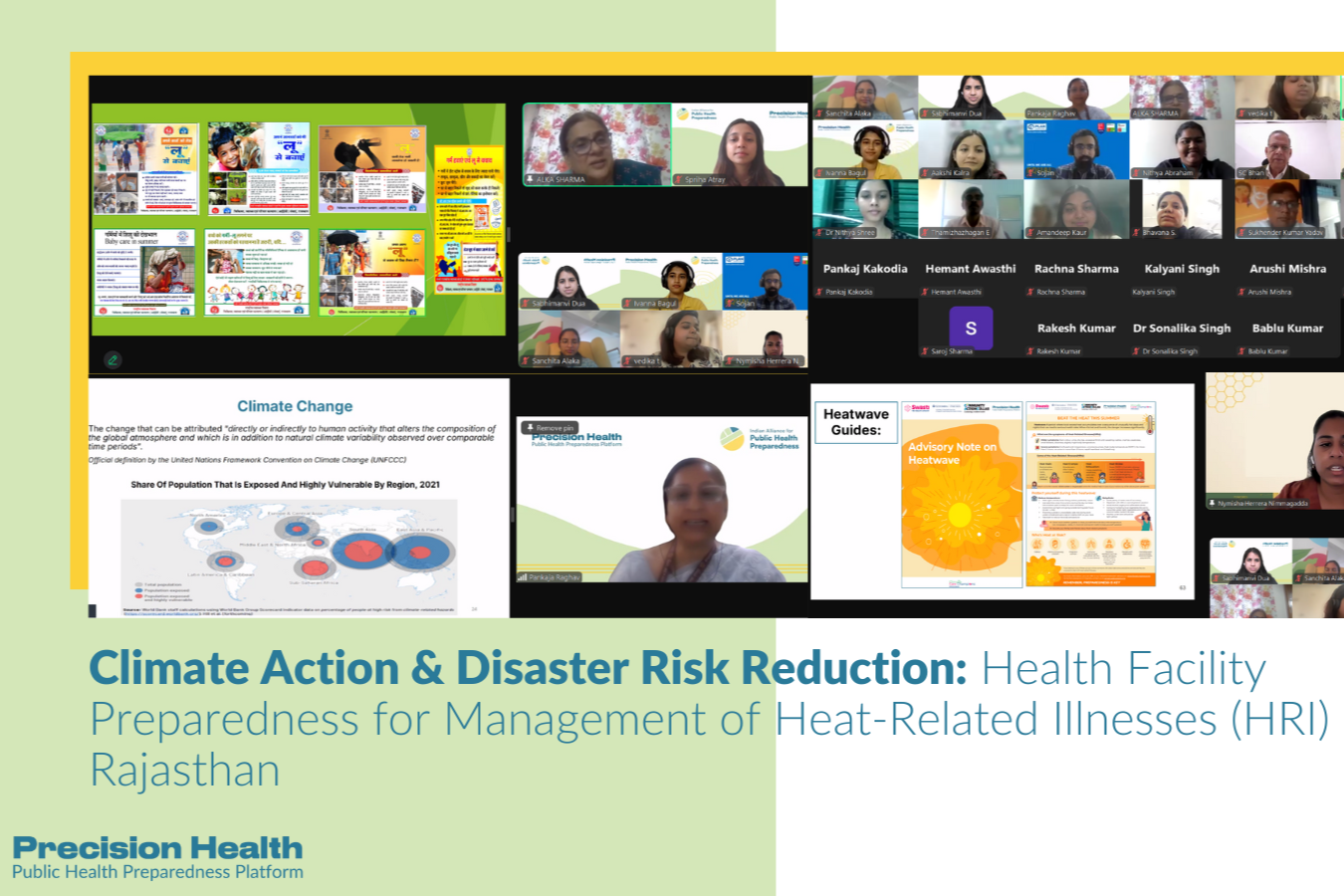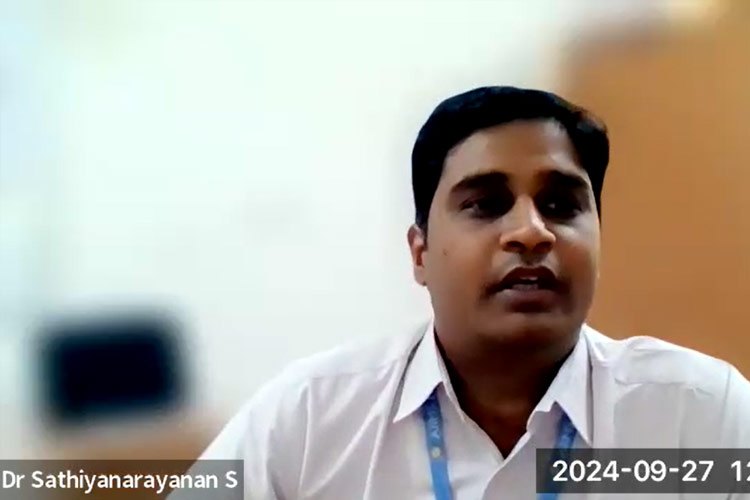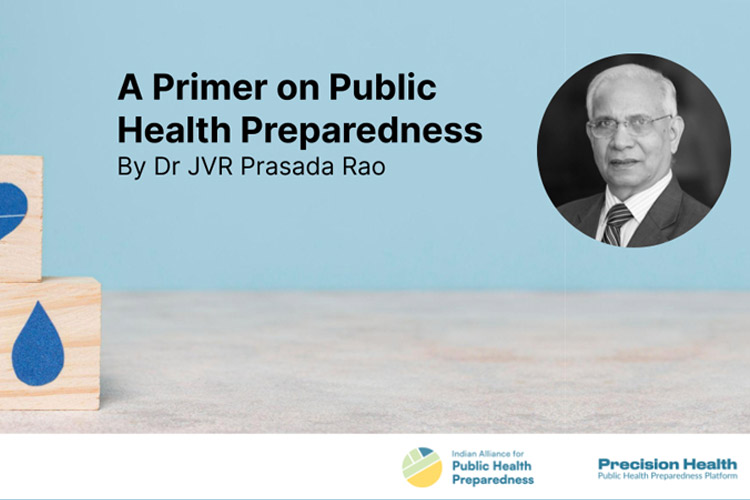The session brought together experts to discuss monsoon-related risks and preparedness strategies. Dr. Sivananda Pai (IMD) provided an overview of evolving monsoon patterns, noting early onset, delayed withdrawal, and regional rainfall variations. He also recommended the use of applications such as Mausam, Damini, and Meghdoot for localized forecasting. Dr. Nithyashree outlined key health precautions from the Monsoon Advisory. Dr. Ashlesh Rupani (AIIMS Jodhpur) highlighted the seasonal surge in communicable and mental health concerns and underscored the need for climate-resilient health systems. Ms. Gayatri Jagenathan presented adaptive measures from the textile sector to ensure worker safety, while Mr. Jimmy Nirmal emphasized the broader community impacts of flooding and the importance of investing in grassroots resilience.
Navigating Unseasonal Rains: Monsoon Share-Out Session

